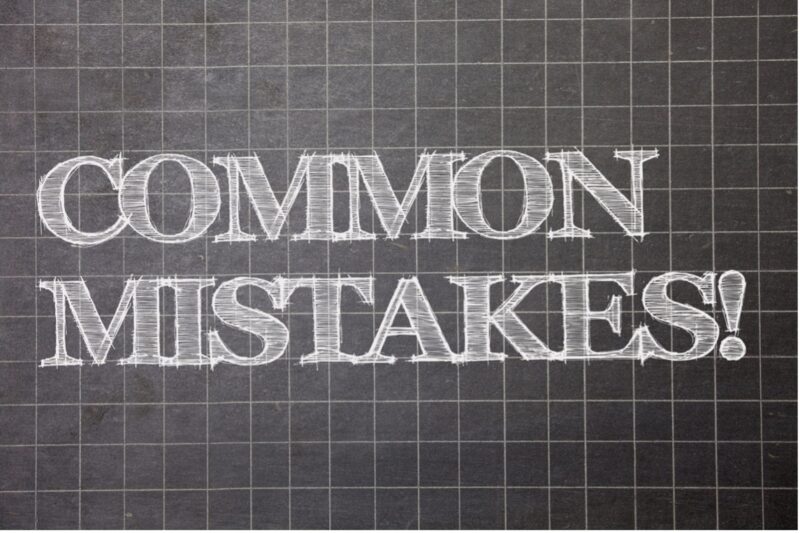When one partner wants to leave a business, he or she may have many legal questions. One especially important question is how to properly value the company and the partner’s share of the company to dissolve the partnership. To learn more about valuing a business when a partner wants out, consider contacting a knowledgeable business attorney at Von Rock Law by calling (866) 720-0195 to schedule a consultation.
What Information Is Needed to Determine the Value of a Business?
If the company regularly conducts annual valuations, the partners can use the most recent report or method to determine the current value of the business. Existing laws and contracts are typically used by partners to value a business. Other sources of information used to determine the appropriate value of the company include buy-sell agreements, partnership agreements, and shareholder agreements.
Buy-Sell Agreements
A buy-sell agreement is a separate agreement or a provision within another contract that details the circumstances under which a partner may leave the company. This agreement also dictates how to calculate the value of the partner’s ownership in the business. Additionally, a buy-sell agreement allows certain people to buy the departing partner’s shares if they choose to do so. If the business owners signed a buy-sell agreement ahead of time, the parties could use this document to determine the value of the partner’s interest.
Partnership Agreements
The partnership agreement may contain details for how to value the business. The parties may have discussed the valuation procedure in a buy-sell provision within the contract or explained it in a separate section. The partnership agreement may also indicate the percentage of the partner’s ownership interest in the business, which is a helpful figure for calculating the value of each share.
This contract between the partners can provide critical information about how much each partner contributed to the business. Regardless of the parties’ chosen method of determining the company’s value, having this information is critical.
Shareholder Agreements
If the partner holds stock in the company, the shareholder agreement may be the appropriate source of information for valuing his or her share in the business. The shareholder agreement may indicate how to calculate a partner’s share in the enterprise or the company’s overall value. This agreement can be an essential piece of information in determining the proper course of action.
Annual Valuations
In some cases, a partnership agreement may require the business owners to conduct an annual valuation of the company. If that is the case, partners can use the most recent valuation report to determine the value of the business. Alternatively, they can use the predetermined valuation method to calculate the business’s worth.
California Law
California law[AP1] also provides a basis for calculating a departing partner’s value in the business. Typically, this law applies if the parties do not have a partnership agreement or similar arrangement. Further, the statute’s calculation method is used if the business will carry on after the partner leaves.
What To Consider While Valuing a Business When a Partner Wants Out
When valuing a business, it is essential to consider the entirety of the company. Businesses are the sum of many moving parts, decisions, creative forces, and contributions. Fair valuations of a business encapsulate as many of these features as possible. If you are looking for more information about how to value a business when a partner wants to leave, a skilled business attorney from Von Rock Law may be able to answer your questions and guide you through the process.
Sweat Equity
Money is just one type of contribution entrepreneurs make to a business. Starting and running a business takes hard work, determination, and sacrifices, which all play a vital role in the success and character of the company. Sweat equity accounts for the contributions made by partners in forms other than cash.
Sometimes, partners may have entered into a sweat equity agreement during their professional relationship. If that is the case, they can use this document to calculate the value of each partner’s sweat equity in the business. There are, however, other methods to calculate the sweat equity in the partnership.
Goodwill
According to the American Bar Association, goodwill is the respect and brand recognition garnered by a business over its time in operation. Goodwill is the non-tangible value of the reputation held by a business that is often one reason consumers keep coming back. There are various methods for calculating the value of the business’s goodwill.
Assets and Debt
A business’s assets are what the company owns with financial or economic value. They are the things that are in cash form or that people can convert into cash. This category encompasses such things as:
- Products
- Office supplies
- Contracts
- Cash on hand
- Accounts receivable
- Investments
- Real estate
Many businesses will take on debt to carry on daily operations or grow the company. Most business valuation methods consider the company’s outstanding financial obligations to determine a final value of the business and each partner’s share.
Contributions of Each Partner
Another critical factor in determining a business’s value and, accordingly, the worth of a partner’s interest in the company is each partner’s contributions to the company. When valuing the business, parties can consider each partner’s relative capital contributions throughout the business’s life cycle. They can use this information to determine each partner’s ownership percentage in the company.
What Are the Methods of Calculating the Value of a Business?
There are many methods that are used to calculate the value of a business, and each method has its advantages and disadvantages. Before deciding on a valuation method to use, it will help to learn more about each. The valuation methods include the following:
- Book value
- Asset-based valuation
- Market capitalization
- Discounted cash flow
- Enterprise value
- Earnings before interest, taxes, depreciation, and amortization (EBITDA)
- Discounted future earnings
What Happens If the Partners Disagree About the Value of the Business?
Disagreements are common in businesses, especially when one partner is leaving or if the company is dissolving. When business disputes arise—and before—every effort should be made to limit the potential for misunderstandings. A skilled business attorney may be able to help the partners understand their available options before they take the next steps.
Contact a Business Attorney for Assistance
Valuing a business when a partner wants out, though a necessary step, can be complex. The partners will need to know where to find the information needed for the valuation and the required method of valuation for the business. Even where there is an agreement in place, an attorney can often review and interpret the terms to allow one to better understand the effect of the agreement on the partner’s exit. If you or a business partner is planning to leave the business, consider contacting an experienced business attorney from Von Rock Law by calling (866) 720-0195 to schedule a consultation today.




